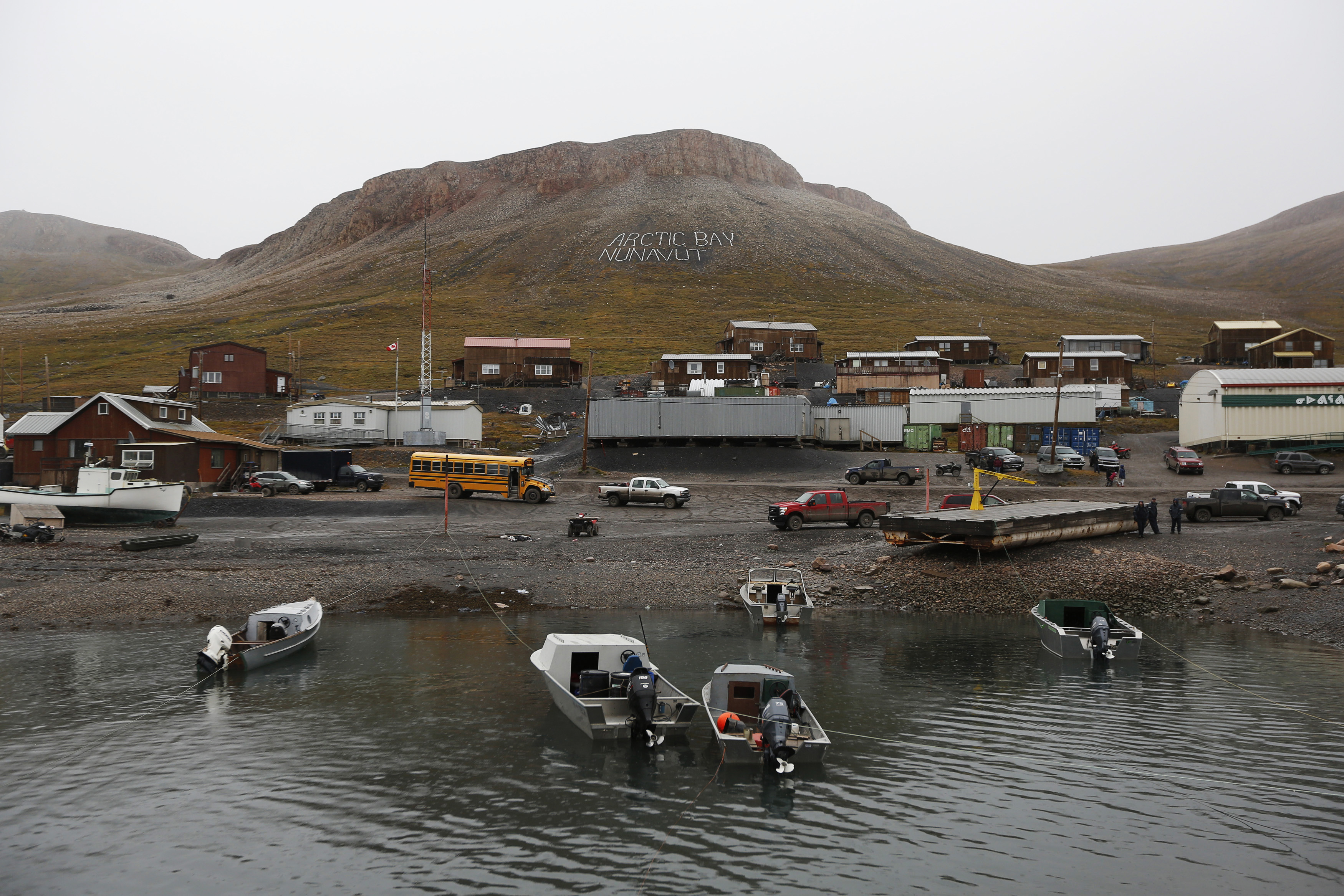How a citizen journalist network could transform the Arctic’s Indigenous communities
Empowering communities to tell their own stories could help boost opportunity and reduce rural out-migration.

Migration is a serious problem for the Arctic’s future. According to Canada’s 2016 demographic reports, Arctic rural populations will decline 19 percent by 2025, and 49 percent of these migrants will be younger than 24 years old. This translates into 10,000 young people leaving northern Canada in the next seven years.
A society without youth is a futureless society. Urgent actions are necessary to incentivize youth to stay in the Arctic serving their communities and taking advantage of local opportunities, otherwise, Arctic’s communities are going to grow old.
Although it is 8,000 kilometers away, Colombia faces the same problem, but we have an innovative solution. In 2015, I was working for the Climate Change Adaptation Fund of the Colombian government. Working together with young people, we created a citizen journalist network. This network uses internet access to allow young people to serve their communities and make a meaningful living, avoiding the need to migrate to find jobs.
After a participatory process with the community, we started a citizen journalism training program with 330 high school graduates of Zenu Indigenous descent in the remote region of Mojana.
With Facebook and Twitter accounts, as well as collaboration from locally-owned radio stations, these young citizen journalists, who have little or no local economic opportunity, have told the world about how Mojaneros have been adapting to climate change for thousands of years. They also became risk-prevention experts to help provide timely information about potential natural disasters threatening their communities. Finally, these young citizen journalists are promoting their region for tourists that want to experience how they live.
This citizen journalism solution in Colombia — as well as other notable examples of citizen journalists reporting major world events — can inspire the implementation of similar experiences in the eight circumpolar countries.
This proposal was presented to representatives of Indigenous communities who attended the Arctic Circle Assembly 2018 and received enthusiastic comments. As a result of a concerted construction process with the Indigenous communities, these young people would be part of a training program on leadership, journalism, development, photography, film and social media and will receive the basic equipment they need. Economic support will be asked to the respective governments as well as multilateral organizations. Canadian social and economic development institutions could support an initiative there.
The young citizen journalists could be given cameras, smart phones, internet access, laptops, printers, microphones, speakers, video beams, vests, hats, Facebook and Twitter accounts and have access to local radio station spots to present radio shows designed and produced by themselves.
The main objective of such a citizen journalist program would be to research and communicate knowledge of Indigenous solutions to climate change that are often more effective than the “standard” international development models imposed from the outside.
Arctic Indigenous communities have centuries of knowledge about their climate and sustainable food production practices, and many lessons in climate change adaptation that could be shared not only across the Arctic but in the world at large. Furthermore, citizen journalists would bring to their remote communities accurate information about what is going on in the broader Arctic region. From my experience in Colombia, I consider citizen journalist networks to be a proven and capital-efficient initiative. It also addresses three of the UN’s sustainable development goals: quality education, decent work and climate change action.
Creating an Arctic citizen journalist network is a novel way to use technology and an internet connection to help young Indigenous people to become natural leaders in their communities, developing their own opportunities to stay at home.
Luis Villegas is an MA candidate at the Fletcher School of Law and Diplomacy and holds a MBA and agribusiness engineering degree, specializing in sustainable development.

The views expressed here are the writer’s and are not necessarily endorsed by the Arctic Initiative or ArcticToday, which welcomes a broad range of viewpoints. To submit a piece for consideration, email commentary (at) arctictoday.com.